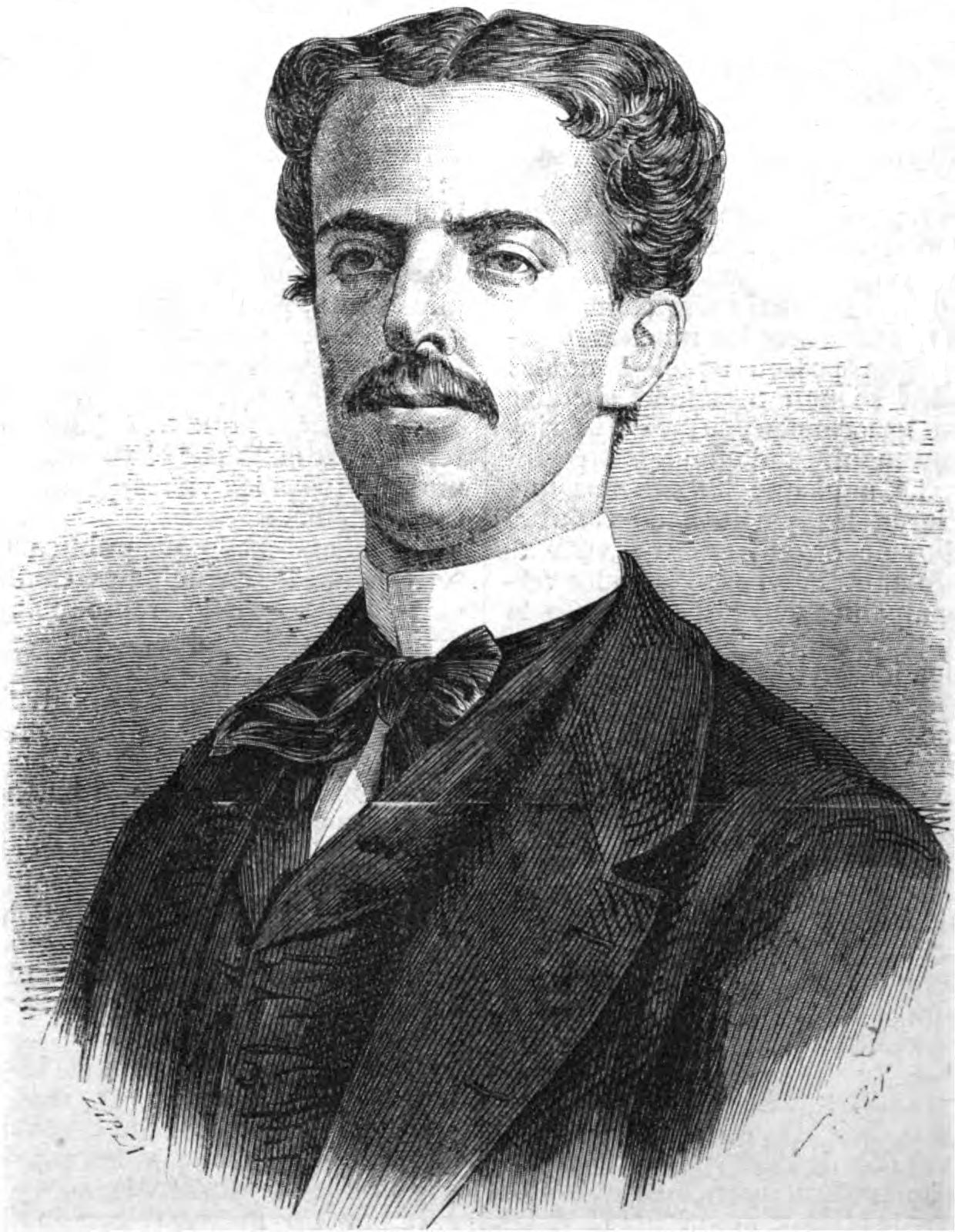|
Spanish Draft Constitution Of 1856
The Spanish Constitution of 1856 was also known as the "unborn (no nata)", a Republican attempt at reform because although it was passed by parliament, it was never implemented due to the "counterrevolutionary coup" of General Leopoldo O'Donnell that ended the progressive regime. As a consequence of enacting an ''illegal constitution'' Isabella II of Spain decreed the closure of the constituent assembly elected in 1854. The document was therefore officially declared merely a ''failed draft project'' although technically it was a valid constitution. It is important as it collected together the ideas of progressive liberal ideology and anticipated some of the ideas developed later by the Spanish Constitution of 1869 which ended the autocratic regime of Isabella and put the more democratic Amadeo I of Spain on the throne. Constitutions of Spain {{Constitutions of Spain ... [...More Info...] [...Related Items...] OR: [Wikipedia] [Google] [Baidu] |
Leopoldo O'Donnell
Leopoldo O'Donnell y Jorris, 1st Duke of Tetuán, GE (12 January 1809 – 5 November 1867), was a Spanish general and Grandee who was Prime Minister of Spain on several occasions. Early life He was born at Santa Cruz de Tenerife in the Canary Islands, a son of Carlos O'Donnell y Anethan (born 1768) and Josefa Jorris y Casaviella. He was a paternal grandson of José O'Donnell y O'Donnell and Marie Anne d'Anethan. He was of distant Irish paternal ancestry. He is the 11th generation descendant of Calvagh O'Donnell, '' Rí'' of Tír Chonaill, a Gaelic territory in the west of Ulster in the north of Ireland. He had an uncle, Francisco, and an aunt, Beatriz, who married Manuel Pombo y Ante (1769–1829), and had issue. cites: Career O'Donnell was a strong supporter of the liberal Cristinos and the regency of Maria Christina of Bourbon-Two Sicilies during the 1830s. When General Baldomero Espartero seized power in 1840, O'Donnell went into exile with Maria Christina, and was in ... [...More Info...] [...Related Items...] OR: [Wikipedia] [Google] [Baidu] |
Isabella II Of Spain
Isabella II ( es, Isabel II; 10 October 1830 – 9 April 1904), was Queen of Spain from 29 September 1833 until 30 September 1868. Shortly before her birth, the King Ferdinand VII of Spain issued a Pragmatic Sanction to ensure the succession of his firstborn daughter, due to his lack of a son. She came to the throne a month before her third birthday, but her succession was disputed by her uncle the Infante Carlos (founder of the Carlist movement), whose refusal to recognize a female sovereign led to the Carlist Wars. Under the regency of her mother, Spain transitioned from an absolute monarchy to a constitutional monarchy, adopting the Royal Statute of 1834 and Constitution of 1837. Her effective reign was a period marked by palace intrigues, back-stairs and antechamber influences, barracks conspiracies, and military '' pronunciamientos''. She was deposed in the Glorious Revolution of 1868, and formally abdicated in 1870. Her son, Alfonso XII, became king in 1874. ... [...More Info...] [...Related Items...] OR: [Wikipedia] [Google] [Baidu] |
Spanish Constitution Of 1869
The Spanish Constitution of 1869 ( es, Constitucion Española), enacted on 1 June 1869, was the sixth constitution of the constitutions of Spain to emerge from the turbulent period in Spanish history of 1814-1873. The constitution was adopted by the Spanish Provisional Government of 1868-1871 which was formed after the successful Glorious Revolution of 1868 that ended the autocratic reign of Isabel II of Spain, creating a constitutional monarchy, with Marshal Francisco Serrano, 1st Duke of la Torre as regent, recognizing the freedom of religion for the first time. The constitution restored the universal manhood suffrage established by the Constitution of 1812, and declared also the freedom of the press, the freedom of assembly and the freedom of association. The constitution came into effect during the reign of Amadeo I of Spain. Notes External links Text of the Constitution Constitutions of Spain 1869 in law Constitution Spain 1869 Constitution of 1869 A co ... [...More Info...] [...Related Items...] OR: [Wikipedia] [Google] [Baidu] |
Amadeo I Of Spain
Amadeo ( it, Amedeo , sometimes latinized as Amadeus; full name: ''Amedeo Ferdinando Maria di Savoia''; 30 May 184518 January 1890) was an Italian prince who reigned as King of Spain from 1870 to 1873. The first and only King of Spain to come from the House of Savoy, he was the second son of Victor Emmanuel II of Italy and was known for most of his life as the Duke of Aosta, the usual title for a second son in the Savoyard dynasty. He was elected by the Cortes Generales as Spain's monarch in 1870, following the deposition of Isabel II, and was sworn in the following year. Amadeo's reign was fraught with growing republicanism, Carlist rebellions in the north, and the Cuban independence movement. After three tumultuous years in the throne, he abdicated and returned to Italy in 1873, and the First Spanish Republic was declared as a result. He founded the Aosta branch of Italy's royal House of Savoy, which is junior in agnatic descent to the branch descended from King Umberto I ... [...More Info...] [...Related Items...] OR: [Wikipedia] [Google] [Baidu] |
_04.jpg)
